Lawyers Near MeOhioFranklin CountyColumbusUptown DistrictNorth High Street
170 N High St #200, Columbus, OH 43215, USA
Learn about the U.S. Trustee's office in Columbus, Ohio, a Department of Justice component that oversees bankruptcy cases, monitors trustees, and works to ensure the integrity of the federal bankruptcy system for Ohio residents.
For any Ohio resident considering or already involved in a bankruptcy proceeding, the term "U.S. Trustee" is a crucial one to understand. Unlike a private law firm that represents individual debtors or creditors, the United States Trustee Program is a component of the U.S. Department of Justice. Its fundamental role is to oversee the administration of bankruptcy cases and private trustees, ensuring the integrity and efficiency of the federal bankruptcy system. In essence, they act as a "watchdog" over the entire bankruptcy process.
For Ohioans, particularly those in the Southern District of Ohio (which includes Columbus), the local U.S. Trustee office plays a vital role in every bankruptcy case filed under Chapters 7, 11, 12, and 13. They are not there to provide legal advice to debtors or creditors directly, but rather to ensure that all parties comply with bankruptcy laws and procedures, that trustees perform their duties diligently, and to identify and investigate potential fraud or abuse within the system. This article will explore the function of the U.S. Trustee in Columbus, its location and accessibility, its key responsibilities, and why its oversight is essential for anyone involved in a bankruptcy case in Ohio.
The U.S. Trustee office for the Southern District of Ohio, which serves the Columbus area, is located at 170 N High St #200, Columbus, OH 43215, USA. This central downtown Columbus location offers significant accessibility for individuals, attorneys, and other parties involved in bankruptcy cases.
Being situated on North High Street, the office is easily reachable via various public transportation options, including the extensive COTA bus system, which serves the downtown area. This is particularly beneficial for debtors attending mandatory Section 341 meetings of creditors, which, while increasingly held virtually, may sometimes require in-person attendance or alternative arrangements. For those driving, downtown Columbus typically offers numerous parking garages and metered street parking options within walking distance. However, as it is a busy urban center, it's always advisable to plan for parking in advance.
The location in a professional office building, often near federal courthouses, streamlines interaction with the bankruptcy court and other legal entities involved in the bankruptcy process. This strategic positioning allows the U.S. Trustee to effectively carry out its oversight responsibilities within the judicial framework.
It's important to clarify that the U.S. Trustee's office does not offer legal services to the general public in the same way a private law firm does. Instead, its "services" are supervisory and regulatory, aimed at maintaining the integrity of the bankruptcy system. Their key functions and responsibilities include:
The U.S. Trustee Program, and specifically its Columbus office, offers several key "features" as a governmental oversight body:
As a government agency, the U.S. Trustee's office does not offer "promotions" or "special offers" in the commercial sense. Their services are inherent to the federal bankruptcy process and are mandated by law. They are funded through fees collected in bankruptcy cases, not through client retainers or individual payments for their oversight functions. Their primary "offer" to the public, particularly to Ohioans, is the assurance of a supervised, fair, and legally compliant bankruptcy system. Any individual filing for bankruptcy in Ohio will automatically be subject to their oversight. Information regarding their functions and requirements is publicly available on the Department of Justice's U.S. Trustee Program website.
For general inquiries or to contact the U.S. Trustee office that serves the Columbus, Ohio area (Southern District of Ohio), you can use the following details:
It is important to note that direct legal advice for personal bankruptcy situations should be sought from a private bankruptcy attorney. The U.S. Trustee's office cannot provide such advice but is available for inquiries related to their oversight functions or to report potential issues within bankruptcy cases. Information for debtor education and credit counseling providers, as well as general bankruptcy resources, can often be found on their official website or the U.S. Bankruptcy Court for the Southern District of Ohio website.
For Ohio locals navigating the complexities of bankruptcy, the U.S. Trustee office in Columbus is not a traditional "lawyer" but rather a fundamental and indispensable component of the federal bankruptcy system. Its presence is vital because it ensures accountability, fairness, and compliance within every bankruptcy case filed in the Southern District of Ohio. For debtors, their oversight means that the process, while challenging, adheres to established legal frameworks designed to provide a fresh start. For creditors, it offers a mechanism for ensuring that bankruptcy estates are administered properly and that potential fraud is addressed.
The U.S. Trustee's consistent monitoring of private trustees and parties, coupled with their role in combating fraud and abuse, provides a critical layer of protection for all stakeholders. For any Ohioan undergoing bankruptcy, understanding the U.S. Trustee's role means recognizing that there is a federal entity dedicated to upholding the integrity of the system, even if they are not directly representing individual interests. Their central location in Columbus further ensures that this crucial oversight function remains accessible and integrated within the state's legal landscape, ultimately contributing to a more orderly and just resolution of financial distress for local residents.
170 N High St #200, Columbus, OH 43215, USA

167 N High St, Columbus, OH 43215, USA
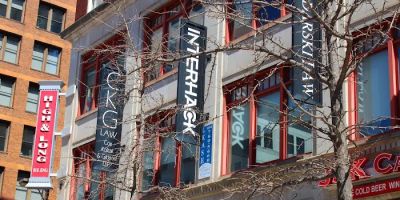
5 E Long St # 200, Columbus, OH 43215, USA

5 E Long St Suite 300, Columbus, OH 43215, USA

5 E Long St UNIT 1005, Columbus, OH 43215, USA
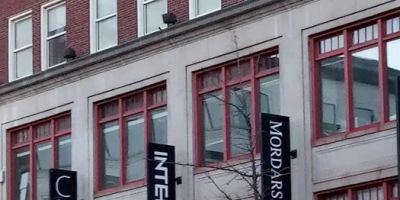
5 E Long St UNIT 1100, Columbus, OH 43215, USA

5 E Long St Ste 501, Columbus, OH 43215, USA
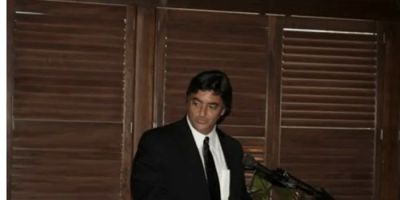
22 E Gay St, Columbus, OH 43215, USA
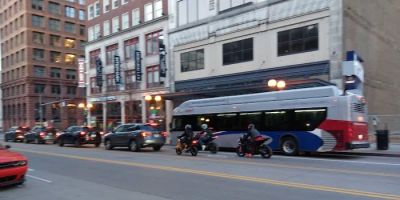
22 E Gay St #401, Columbus, OH 43215, USA
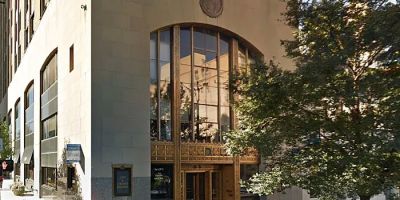
11 E Gay St #302, Columbus, OH 43215, USA
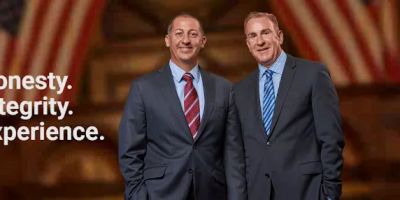
35 E Gay St #226, Columbus, OH 43215, USA
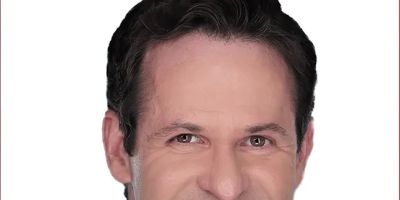
35 E Gay St ste 202, Columbus, OH 43215, USA
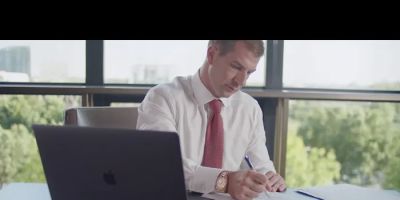
35 E Gay St #507, Columbus, OH 43215, USA
